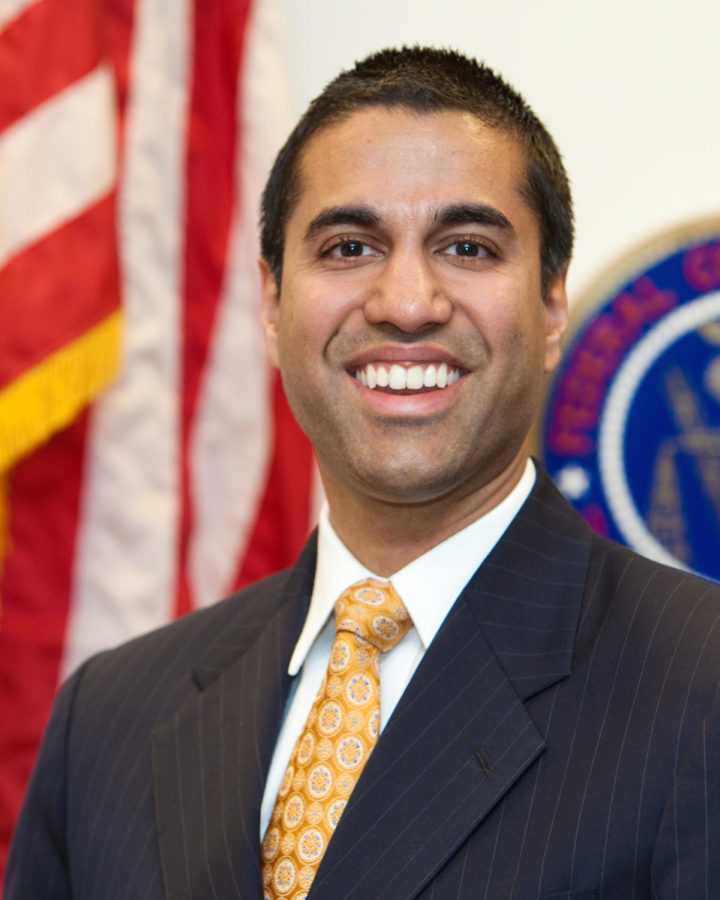Editorial: We need net neutrality
December 3, 2017
On Dec. 14 the Federal Communications Commission, or FCC, will vote to repeal the net neutrality rules established during the previous administration. FCC Chairman Ajit Pai claims the regulations are too heavy-handed and stop major telecom companies like AT&T and Verizon from pursuing new business models. The ISD Editorial Board strongly believes a free and open internet is vital to our democracy.
Under the proposed changes slated to be voted on next week, internet service providers (ISPs) would be able to manipulate internet speeds and force you to pay higher fees to access certain websites like Netflix, Twitter, Google, YouTube and many more.
Furthermore, Chairman Pai’s former employer and ISP, Verizon, could require its customers to use the search engine Yahoo, which is owned by Verizon. Customers could then be forced to pay higher monthly prices to use Google’s services.
Some ISPs, like Comcast, have published statements saying, “that we won’t block, that we won’t throttle, that we won’t discriminate against lawful content.” Great! But, then why do ISPs like Comcast, Verizon and AT&T want the ability to do just that? The current laws prevent these companies from engaging in this type of activity.
Think about net neutrality like this. Under the current regulations your internet operates like a free, public highway where anyone with a car can get on and travel to whatever destination they like. Repealing the net neutrality laws would mean ISPs could place toll booths on the roadway and require users to pay more. Creating this economic barrier further suppresses people who lack the financial capital to fully access the internet.
The outcome of the vote is expected to be along the party appointed line with three commissioners voting for the new rules and two voting against. This battle doesn’t end there, however. Congress can act to enshrine a free and open internet as part of our society. The new rules are also likely to be brought up in the courts if passed next week.
This complex issue requires more attention from our lawmakers. The fight is far from over.







